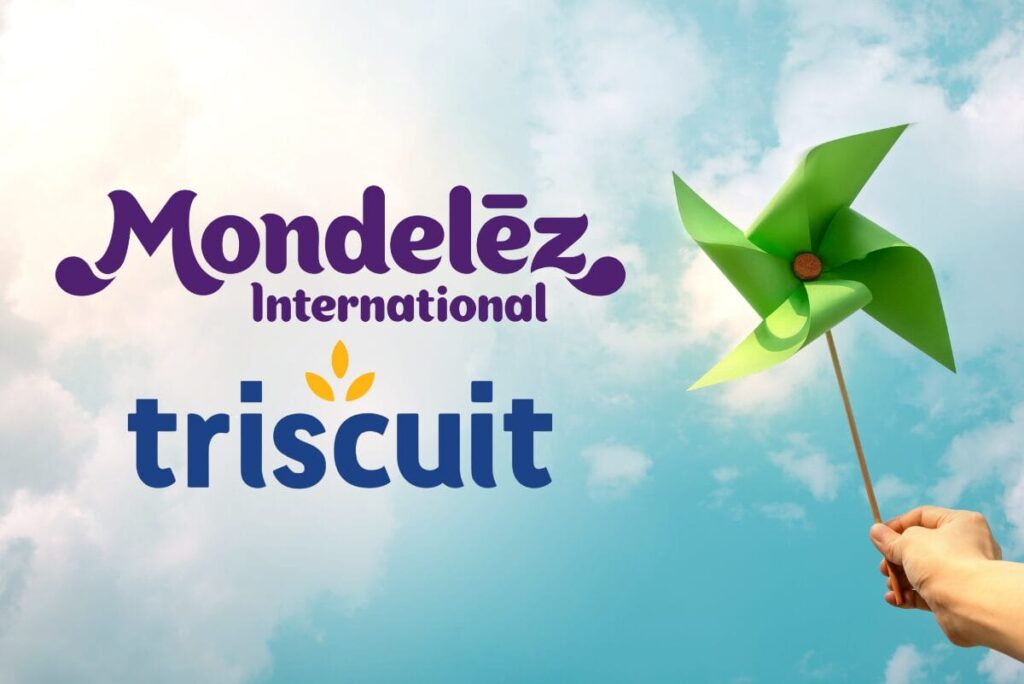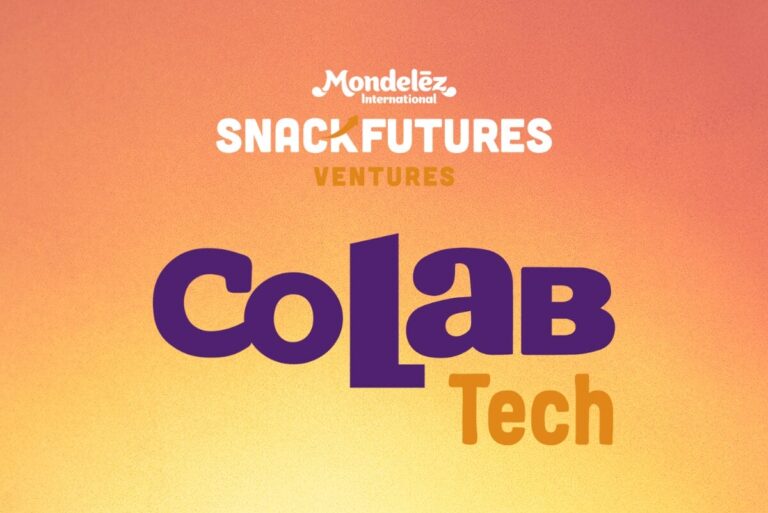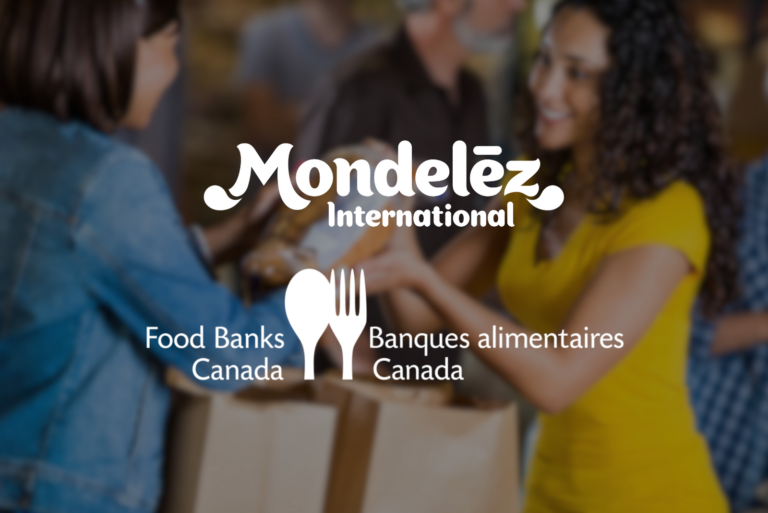EAST HANOVER, NJ — Mondelez International announced that a majority of Triscuit SKUs use packaging from plastic linked to advanced recycling technology, a process that converts recycled material back into hydrocarbons and precursors that other processes can use as chemical feedstocks.
Through this initiative — which contributes to Mondelez International’s goal of achieving about 5% recycled plastic content by 2025 — Triscuit will support a more circular packaging economy in the US and Canada.
Up to 50% of the plastic used in the bag-in-box liner films can be attributed to plastic sourced from advanced recycling technology through the ISCC PLUS certified mass balance approach, a certification that helps track the flow of materials along the supply chain.
The advancement allows a more sustainable packaging structure for the outer box used in Triscuit packages. Through this investment, the brand and Mondelez aim to divert 1 million pounds of plastic waste from landfills per year.










